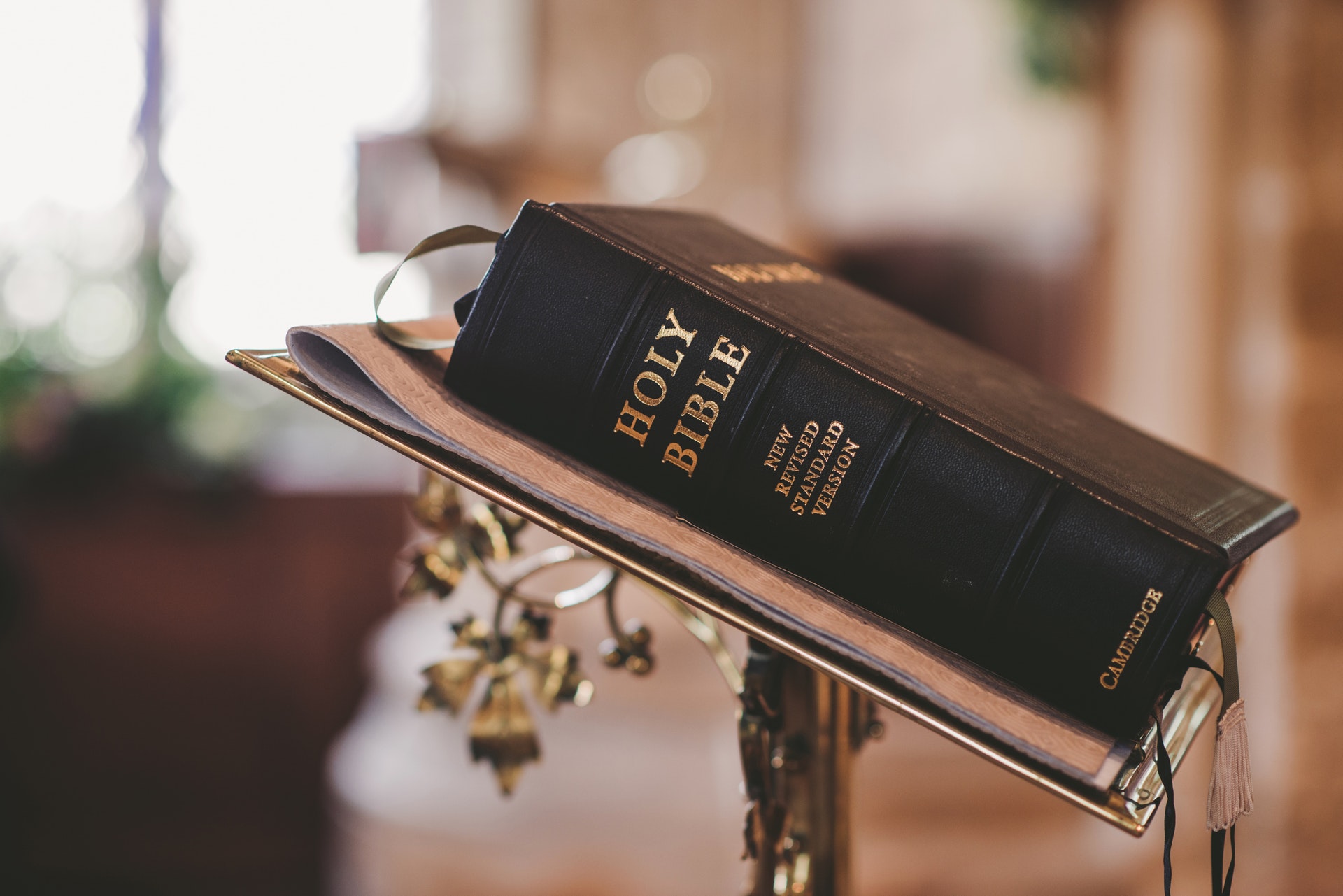Our family used to live in the “twin cities” metropolis of Hoxie/Walnut Ridge, Arkansas. Flat, soggy rice farms and constantly used railroads dominated the region’s landscape. Road connections confused me, causing me, at times, to take a circuitous route to the desired destination. I simply did not understand how everything fit together. Then one day, I saw a series of aerial pictures of the two cities. After seeing these pictures I had a better understanding of how streets connected and how I could manage my local travel in the most efficient way.
Believers love Christ and desire to live in His will. We know that the best way to understand His will is to understand the Bible, but it is a large book written a long time ago. Most believers read with the assistance of a devotional guide or read a book of the Bible in isolation from the rest of Scripture. These methods are not wrong but we can study the Bible this way for years without really understanding the full message of Scripture. I want to encourage everyone to read through the Bible in its entirety. Several advantages grow out of a complete reading of the Bible.
First, when we read the whole Bible we gain a better knowledge of the story. While there are many exciting stories, promises, truths, and warnings scattered from Genesis through Revelation, there is a single story of God’s efforts to bring salvation to people. Everything in the Bible matters, but this is the report of God’s activity on our behalf. In order to know that story, we must read the whole thing.
Second, when we read the whole Bible we better understand the context. Context involves the details of life and situation around the event or statement under consideration. If we read a document that contains the phrase, “Come here” we do not know by that phrase, if it is a demand, a request, or an invitation, unless we know the context.
Third, when we read the whole Bible we better sense the flow of the Bible’s narrative. Flow deals with the pace and nature of the story’s movement. Scripture’s flow speeds up in the excitement of Genesis and the first half of exodus, while it slows through the instructions regarding the Tabernacle, the offerings and sacrifices of Leviticus, and the census of Numbers.
Fourth, when we read the whole Bible we better notice the connections between passages and characters. Those who have read the story of the poisonous snakes sent by God in Numbers 21 see the connection when John writes, …”and as Moses lifted up the serpent in the wilderness, even so must the Son of Man be lifted up (John 3:14).”
Finally, when we read the whole Bible we better experience its drama. To read through the ups and downs of Israel’s relationship with God, then hear His promises to them in spite of their sin, intensifies the impact of His grace. Jesus’ birth, life, and death are more vivid when set against the background of the redemptive narrative.
These are five advantages that I commend to you when you consider the challenge of reading the Bible through in a year. Whether you read it in a couple of months, over the course of a year, or longer. It will help your understanding and walk in the light of Scripture. I hope to hear from you as you discipline yourself to read the Bible during 2020.
David Outlaw. Pastor





